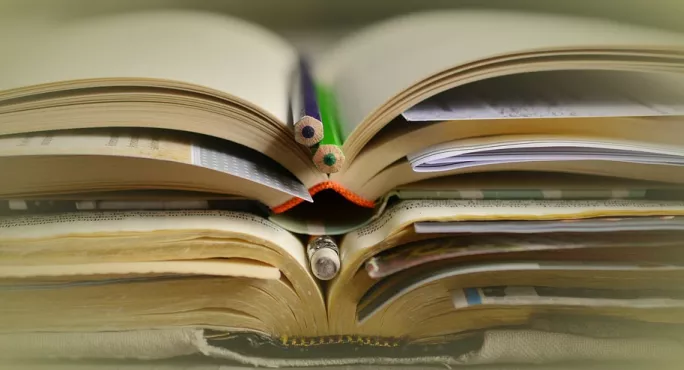Like many other teachers, I am aware that there are a number of students in secondary schools who simply cannot read. Figures from the Reading Agency show that in 2014 alone one in five 11-year-olds struggled with reading. Many, but certainly not all of them, may also face other challenges like deprivation, attachment problems, trauma issues and a raft of other special educational needs.
I cannot imagine the stress they must face every day being presented with numerous texts they simply can’t decode.
There is a variety of support strategies in place to help them, but it is rare that someone manages to successfully turn a secondary school student who really struggles with reading into a successful reader.
These students need to have the gaps plugged quickly by teaching them the skills and knowledge which they somehow missed during primary education - probably through inadequate teaching.
‘Students see it as “their problem”’
What these students need are daily individual sessions with a specialist teacher who can identify the gaps and deliver an evidence-based, structured, synthetic phonics programme that will allow them to learn and practise essential reading skills. They need a specialist who can take them through the code of the English language while supporting them to develop abilities of blending, segmenting and phoneme manipulation.
Unfortunately, too often, this support is simply not available.
I remember working with one boy who was about 11. I introduced him to seven ways of spelling the /oe/ sound in English. He asked me, genuinely, why on earth no one had ever told him that before.
The English “code” can seem confusing if not taught in a systematic and structured way. Students who are still struggling when they get to secondary school tend to see it as “their problem”, assuming they haven’t been able to learn because of some fault or limitation of their own. Often, however, it is because they have simply not been taught properly by the professionals with the right knowledge and skills. Thinking there is something wrong with them might damage their self-esteem and make them far less likely to excel in other areas.
‘Children are being let down’
Secondary school students who struggle with reading need to work on comprehension skills and numerous other aspects of literacy as well, but worrying about where a comma should come in a sentence when you can’t write anything other than a very basic, probably misspelled sentence, is like worrying about the presentation of food for the starving.
We need to take these students right back to the basics and provide them with the support they desperately need to overcome the barriers that are holding them back in reading. Yes, they may have to miss other lessons to get this support, but they are unlikely to be able to access the curriculum in those lessons anyway and may well end up being disruptive.
I have taken part in a lot of meetings about and with students who have difficulty reading, and usually what they are offered are short, ad hoc group sessions that are designed to support generic literacy skills but which do not teach them to read. The children who have already been let down are failed again.
Every school needs to prioritise reading. They need to ensure they have specialist teachers so these students can learn to read. It is neither particularly expensive nor even time-consuming - certainly no more time-consuming than sorting out the aftermath of classroom disruption often caused by frustrated students who have been put in an impossible position. Let’s ensure every school can put an end to this misery.
The writer is a former Sendco
Want to keep up with the latest education news and opinion? Follow Tes on Twitter and Instagram, and like Tes on Facebook




